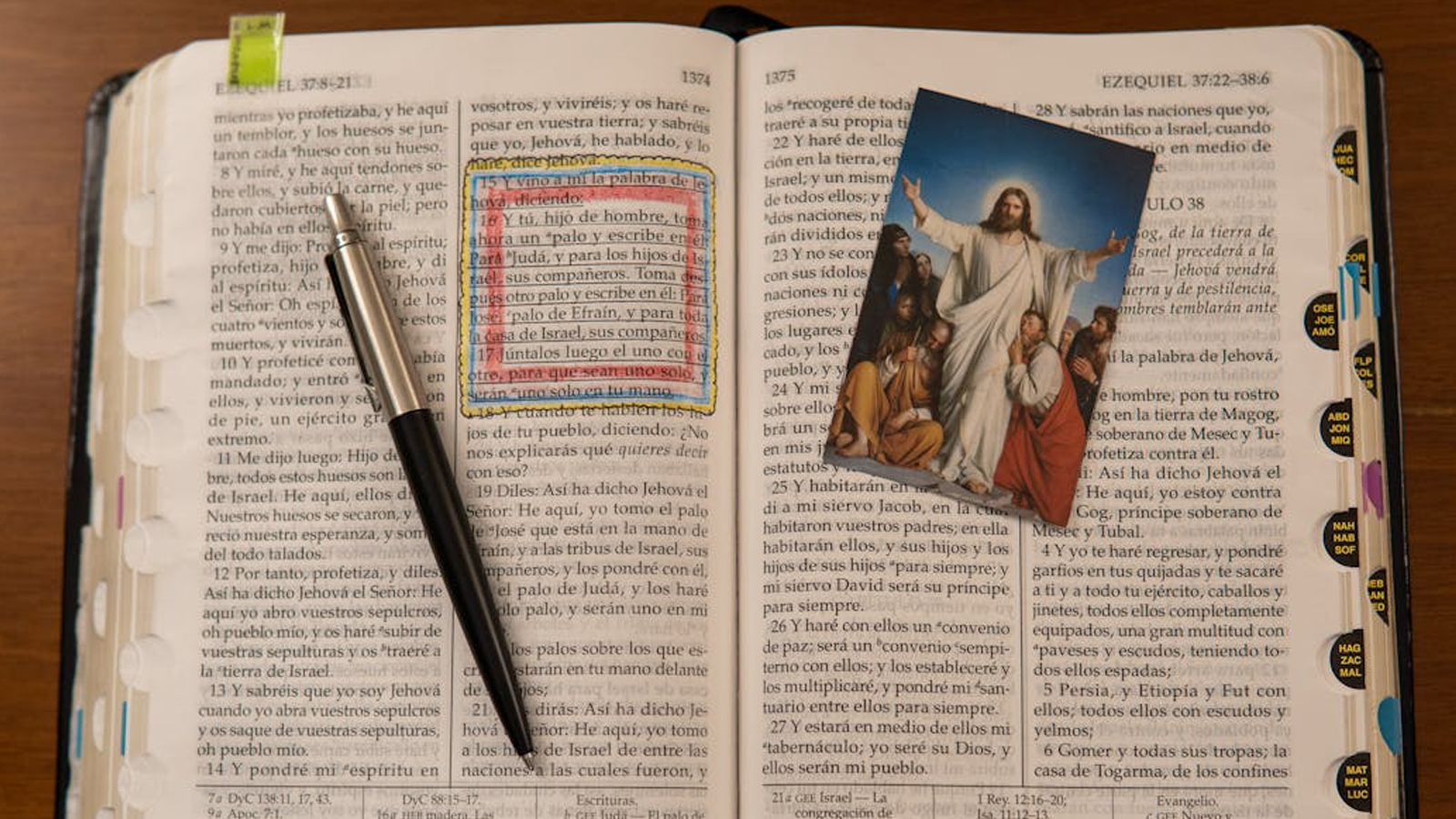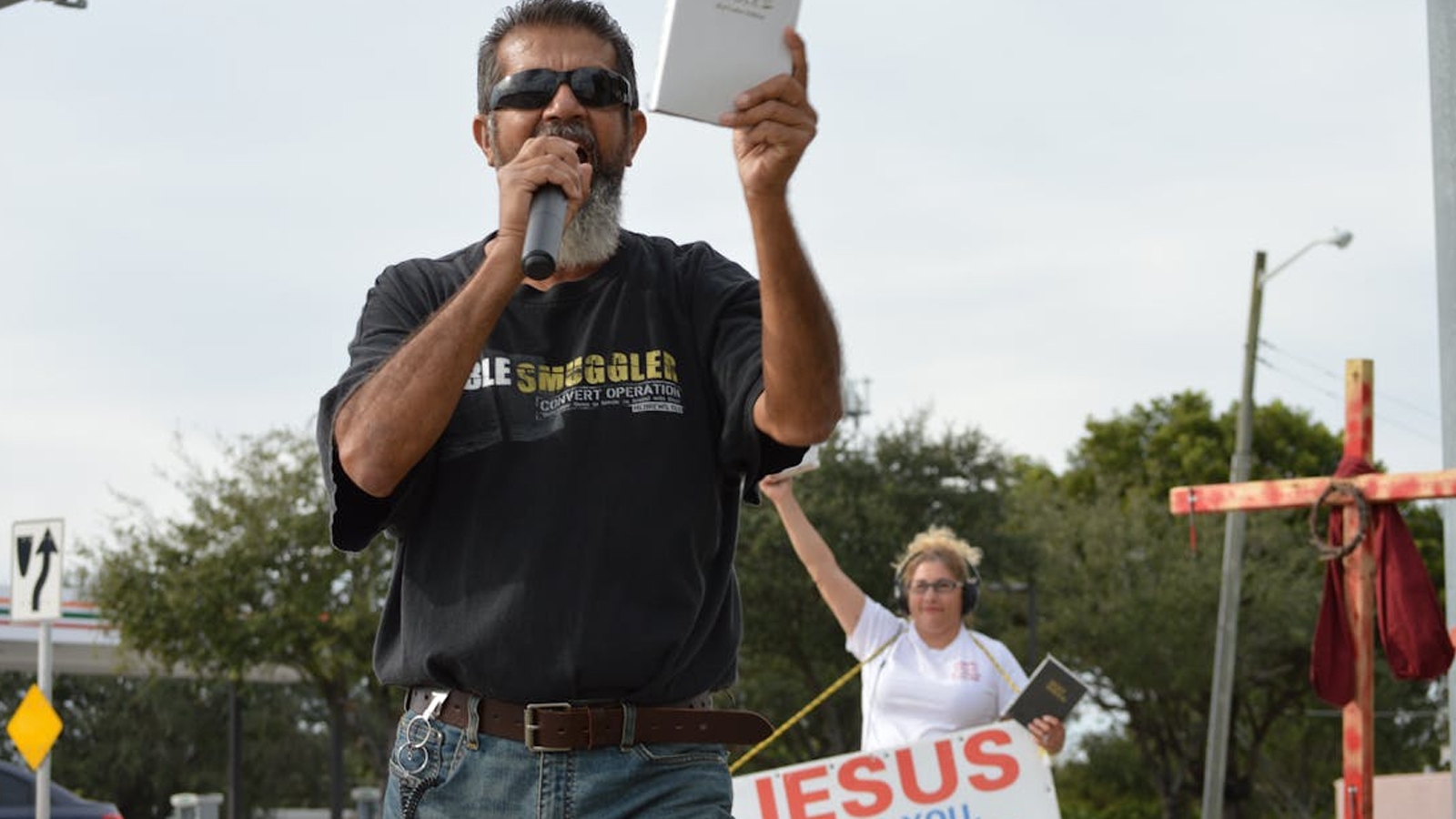
Most of us are familiar with the “fight or flight” syndrome we observe in nature. When animals are in a weakened position and facing an eminent danger, they typically fight or run away. They remain calm and unmoved, however, when they are in a superior position and feel unthreatened. When we, as Christians, respond to a challenge with inappropriate aggression or hostility, we expose our own concerns about the strength of our position. This sometimes happens because we haven’t done the important work of examining the evidence to know the truth of Christianity with justifiable certainty. We happen to believe something that’s true without really knowing why it’s true. As a result, minor challenges sometimes seem daunting. Doubt and fear become a factor in our interaction. Panic emerges, and with it, the kind of behavior we sometimes see in the comment sections of popular blogs.
If you’ve ever caught yourself responding in a harsh, angry or toxic manner, step back and take a deep breath. Ask a few simple questions: Why am I in “attack” or “panic mode” if I possess the truth? Do I still have some unexamined doubt? What does my attitude express about my confidence? What do I need to study or learn to be better prepared so my internal certainty will result in external confidence? I’ve come to recognize times of anxiety as indicators. If I sense a twinge of panic, I look for the place of weakness in my knowledge. Once I’ve identified it, I can begin training. If I apply myself, these areas will shrink in size and my confidence and calmness will begin to grow once again.
If you already see yourself as a Christian Case Maker, you’re probably familiar with 1 Peter 3:15. Most of us, however, are more focused on the first half of this verse than the second:
“… but sanctify Christ as Lord in your hearts, always being ready to make a defense to everyone who asks you to give an account for the hope that is in you, yet with gentleness and reverence”
Most exchanges we see online between Christians and non-believers are anything but “gentle” or “reverent”. Why is this true? I suspect it’s because we fail to see the connection between the first and second part of 1 Peter 3:15. The more you prepare yourself for battle, the calmer and more poised you will be in the height of the struggle. The more “ready” you are, the more “gentle” and “reverent” you will be. The Christian worldview is reasonable and evidential. As Christians, our external demeanor should reflect an internal certainty grounded in this evidence. If we have an informed faith, we’ll be prepared to proclaim passionately without panicking publicly.

J. Warner Wallace is a Dateline featured Cold-Case Detective, Senior Fellow at the Colson Center for Christian Worldview, Adj. Professor of Christian Apologetics at Talbot School of Theology, Biola University, author of Cold-Case Christianity, God’s Crime Scene, and Forensic Faith, and creator of the Case Makers Academy for kids.
Subscribe to J. Warner’s Daily Email





















Pingback: Nine Steps to Presenting the Case for Christianity - Cross Examined - Christian Apologetic Ministry | Frank Turek | Christian Apologetics | Christian Apologetics Speakers
Pingback: Nine Steps to Presenting the Case for Christianity | Cold Case Christianity
Pingback: Talking With Atheists: A Few Observations from Berkeley | Apologetics.com
Pingback: How Should We Respond to Criticism of Christianity? - Nehemiah Reset